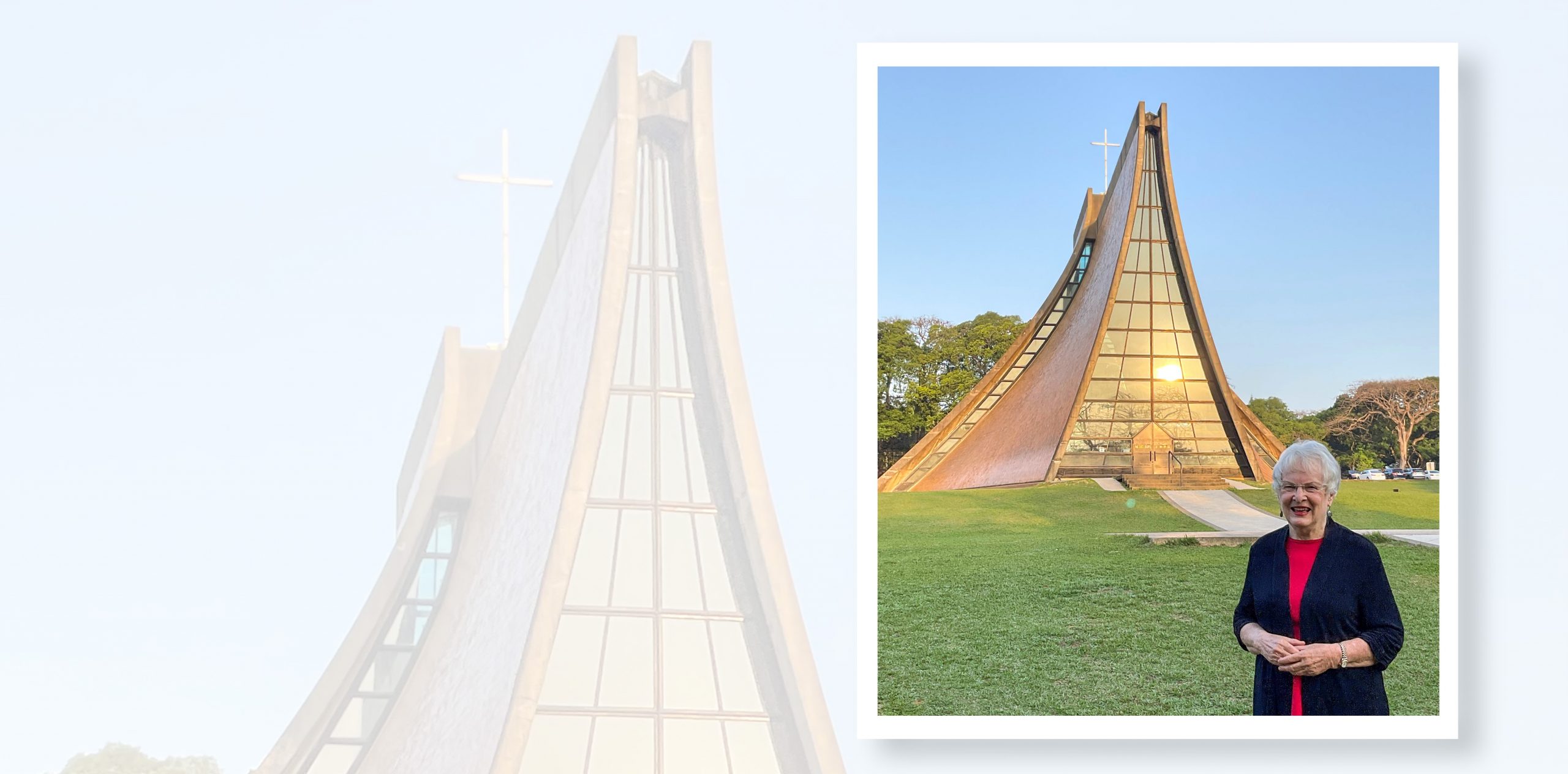
The missive dropped through the letterbox of Juanelva Rose, and changed her life. The United Methodist Church was sending the Texan-born educator to the other side of the world, to teach music at Tunghai University. That was in 1965.
Her first mission? Find out where on earth she was going. “When I got the letter, I quickly got a map and looked for where Taiwan was,” she recalls. “I knew nothing about it. But I decided if they wanted me to go, I would.”
From Texas to Taiwan
A resident of Tulia, Texas, Dr. Rose’s journey in education began with a degree from West Texas A&M University in 1958. Her first job brought her to McNeese State University in Lake Charles, Louisiana, where she taught piano, organ and clarinet.
During this time, she was also serving as organist and Director of Christian Education at the local United Methodist Church.
Dr. Rose arrived in Taiwan in 1965 and would make it her home ever since, as she embarked on a vocation that would become her life’s passion.
“I feel like coming to Tunghai was really a calling,” she says.
Establishing a music department
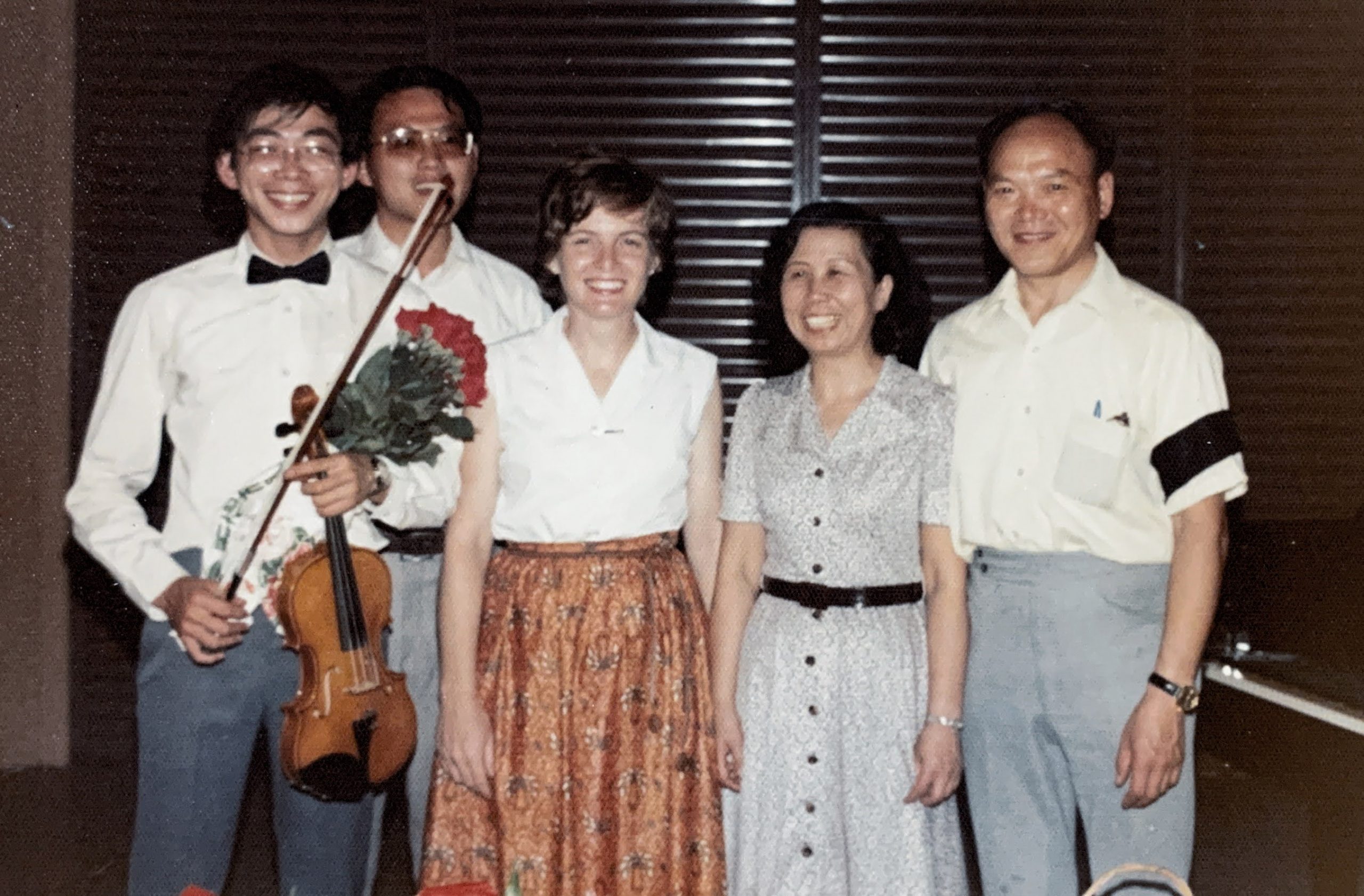
Tunghai was the first private university in Taiwan when the United Board for Christian Higher Education in Asia helped to set it up in 1955. Upon her arrival, Dr. Rose became a part of the young institution’s plan to establish a department of music. A big problem in music education was human resources. “When I first started, there were very few music teachers.”
Dr. Rose recalls that for voice, in particular, recording and sending lessons from the United States was all they could do at the time.
In the fall of 1971, Tunghai’s Department of Music became a reality, with Dr. Rose as its chair. She developed a program based on the American model which aimed to lay a solid foundation in music history, music theory and the students’ chosen instruments, and gave them ample time for practice and resulting performance opportunities, including solo recitals, chamber music and large ensemble performances. In the early days of the university, all Tunghai students were required to take a music course as part of their general curriculum, as well as a semester each of art, philosophy and religion.
Once the department was established, Dr. Rose worked tirelessly to expand the university’s reach. She often travelled to mainland China to teach, staying two or three weeks at a time to work with institutions such as the Central Conservatory of Music in Beijing, the Sichuan Conservatory of Music, and the School of Music at the Nanjing University of the Arts.
The growth of music appreciation on Tunghai’s campus
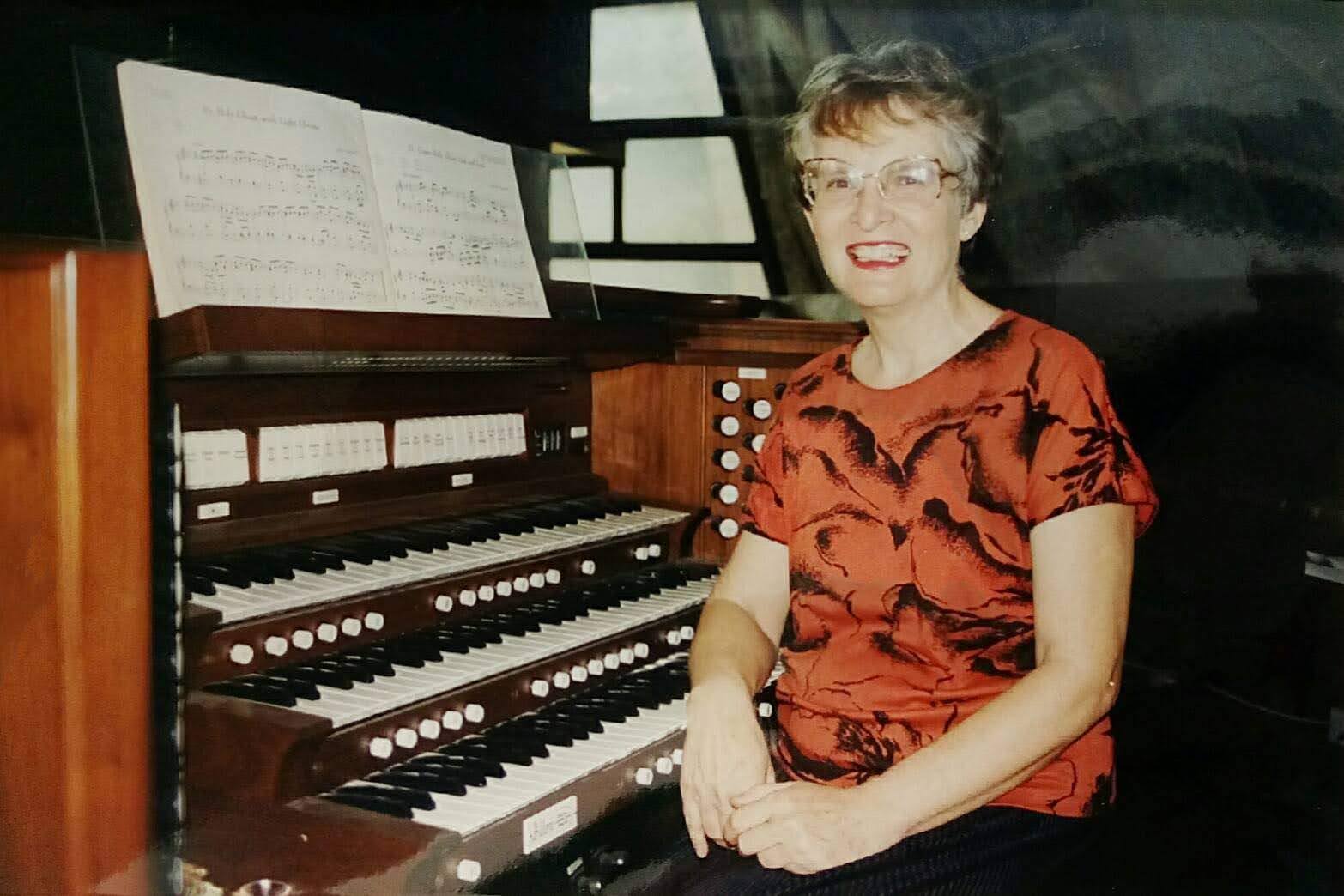
The United Board supported the music department heavily from its infancy, funding faculty both to travel to the university to teach and overseas to learn. It also helped fund the purchase of many instruments, pianos in particular. The music department has grown considerably since those early days. While its first class had just 12 students, its most recent class numbered some 250 music majors including undergraduate and graduate students. Tunghai has experienced similar growth overall, with a total of 15,273 students enrolled in 2021.
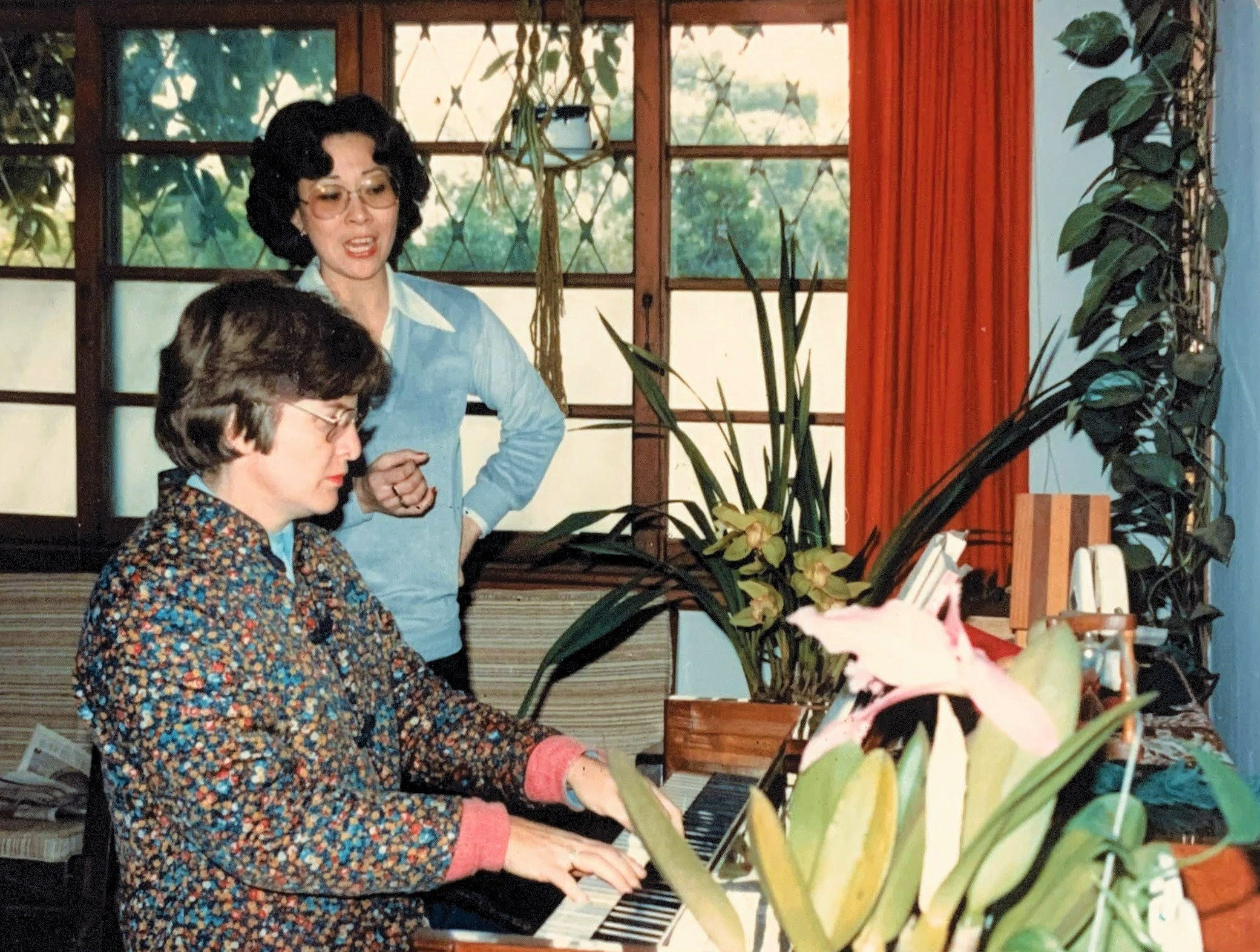
The university has seen its mandate expand along with the size of its student body. In addition to instruction within the classroom, Tunghai places great emphasis on educating students outside the classroom to develop the whole person, which Dr. Rose notes is an emphasis shared by the United Board. Music instruction is no longer mandatory for students but remains a popular elective.
Music continues to permeate college culture and enhance spiritual life on campus at Tunghai in other ways as well. The church choir sings every Sunday and on special occasions such as Christmas and Easter. The Luce Choir practices every Wednesday and Sunday night—the days that worship services occurred when the college was founded—and performs a wide range of compositions, religious and of other genres. In addition to both choirs and the college band and orchestra, the campus hosts full-scale opera productions and sends its groups to perform at major concert halls in Taiwan.
All music students must perform both junior and senior recitals, so the student body has a regular supply of performances from which to choose. Faculty members also participate in solo recitals or in ensembles on campus and concert halls around Taiwan, while students and teachers alike occasionally perform in church services.
Leaving a legacy for the future
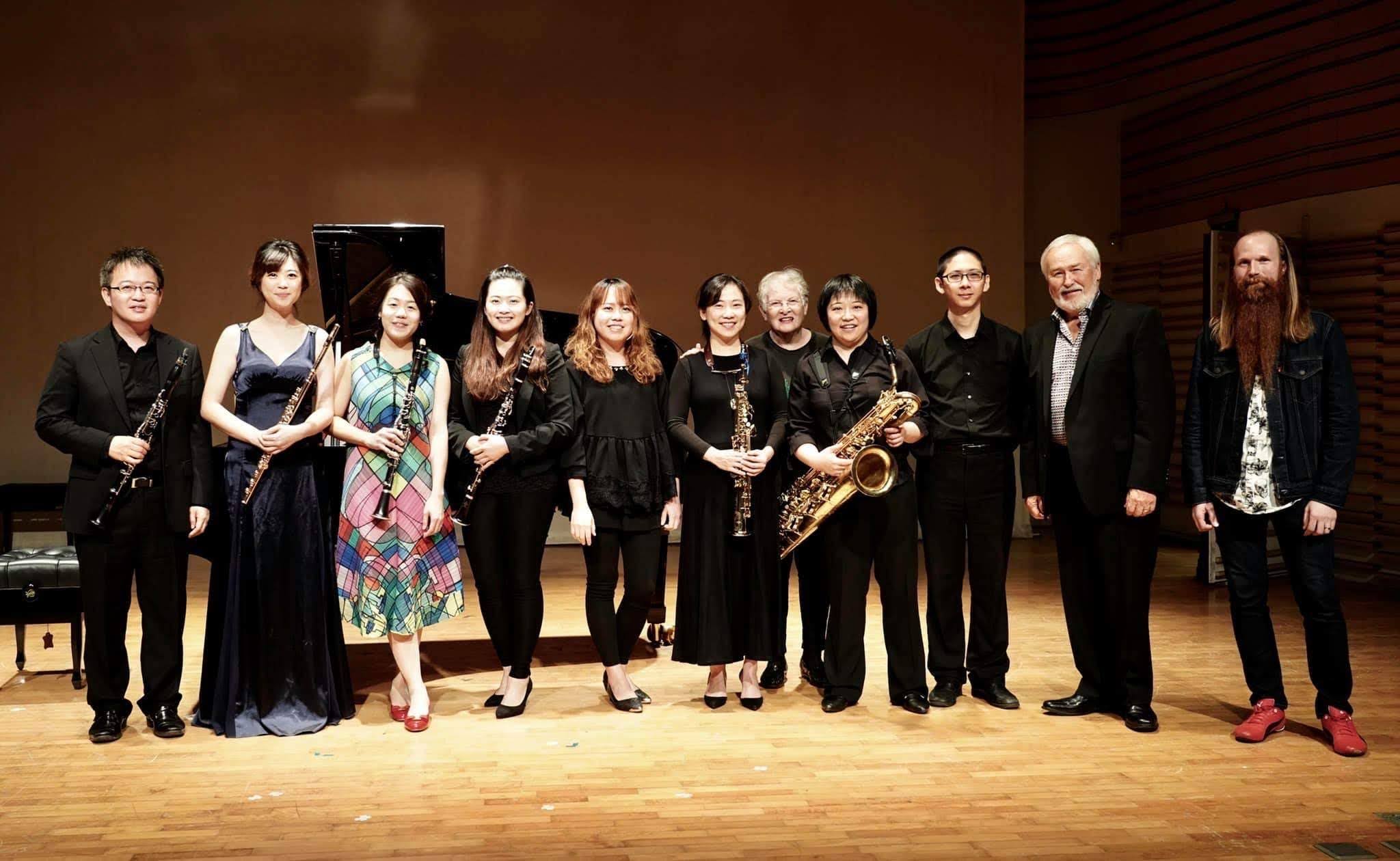
Dr. Rose oversaw much of this growth during her 22 years as chair of the department. Even after retiring as professor emerita in 2005, she continues to contribute to music education. She still teaches piano, both at the university and privately. She judges piano competitions and advises teachers from the community who are seeking to establish piano-teaching programs outside the school. She also remains in contact with many of her students, who have become lifelong friends.
Dr. Rose’s tremendous support of education includes leaving a future legacy gift in her estate plans to the university and to the United Board. Part of her donation will directly support the Tunghai music department, and the remainder will support the United Board’s Centennial Fund and mission.
“I think I have been most fortunate to have been able to put my passion into what I do for a living,” Dr. Rose explains. “I think it is good to continue that legacy by contributing what little I have.”
The United Board’s forward-looking approach to higher education is one of the reasons she has decided to leave it a legacy gift in her will. She also believes it is important that the United Board continues to emphasize the religious aspect of its mission.
“I think it’s the most important thing in my life—the influence of a Christian upbringing and a Christian education,” Dr. Rose says.
